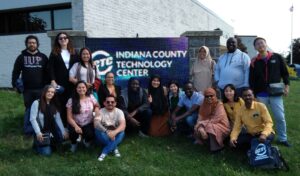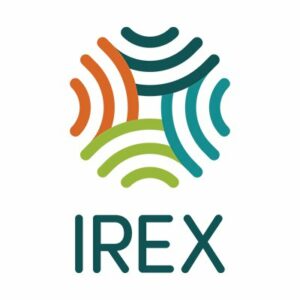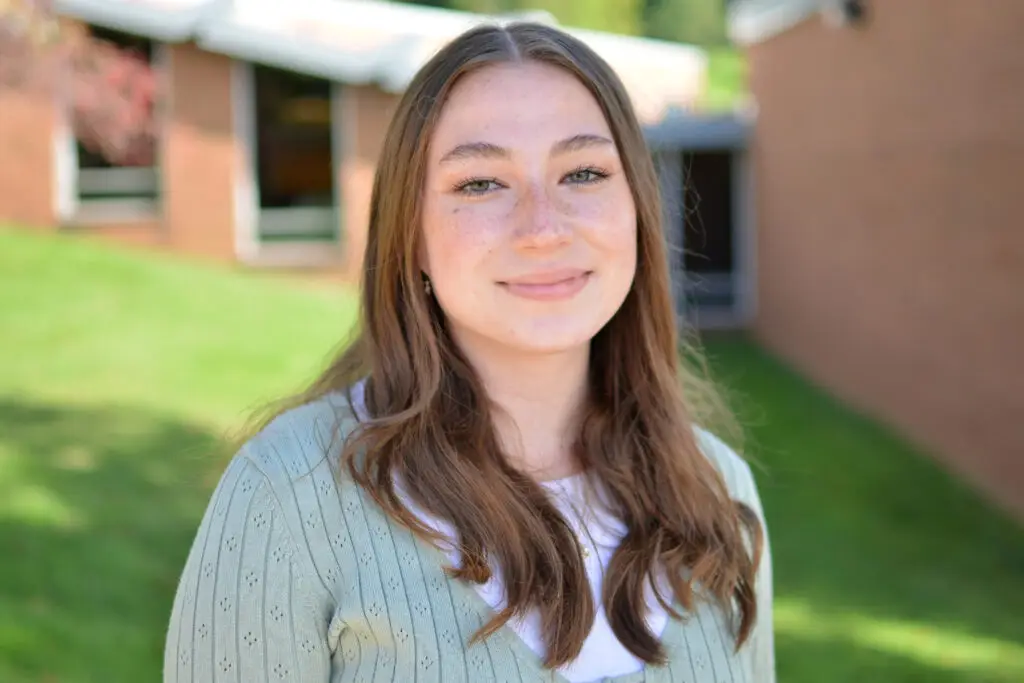Fulbright teachers are back at IHS for the annual Fulbright Program. The program has been partnering with IUP in the exchange since 2016, with cancellations during the COVID-19 pandemic. Teachers worldwide have the opportunity to explore school districts throughout the United States for better understanding of cultural and academic differences.
The Fulbright Program is funded by the U.S. Department of State’s Bureau of Educational and Cultural Affairs. Originally established in 1946, the program hosts scholarships for more than 160 countries across the globe today. The organization provides yearly scholarships for teachers to travel to a school in a foreign country.
Selection for the scholarship is an extensive process. Countries may have more than 100 applicants to choose a small, exceptional group from. If teachers are granted the scholarship, they are placed at the university by the State Department based on their subject, grade level, and research project proposal.
This year, IHS is hosting 12 exchange teachers from various countries. Teachers are also placed at the Junior High School and Eisenhower Elementary School.

The international exchange program presents students and teachers at IHS with a new outlook on foreign cultures and academic relationships. Education is a striving goal at IHS, which highlights the necessity of understanding the world outside of the U.S.
English teacher from Brazil, Andrea De Andrade comments, “Now I have much more to share with my students, because I only use books, videos and songs, but now I have experience…even improving the languages and learning new words and new pronunciations. I’m learning a lot which I can share with my students.”
For many exchange teachers, the program has been a cultural shock to learn about the average school day in America. A few of the main contrasts between other countries and IHS is the privilege students have to access technology, elective classes, unrestricted clothing and the lunch menu. Fulbright teachers from developing countries explain that electives are not common in other countries. Instead, students stay in one or two classrooms learning all the required subjects.
“You are very lucky to have these rich resources, while back at home we have limited resources,” April Belarmino, a science teacher from the Philippines explains, “We do not even have Chromebooks for each student, they bring their own phones.”
Despite these differences, exchange teachers are partnered with IHS teachers to survey classroom work ethic which they can evolve into new techniques at their own school. Sarifah Noor Aini Syed Mahmood, a 7-12 grade social studies teacher from Singapore, expresses the benefits this program has brought her, “For me what I like about this experience is it allows me to look at different practices. For example you have a four minute bell, I do see the students rushing to get into class to make sure they are there on time. That’s one take away I would like to practice with my students, because my students take their own time to get into class.”
The most significant event of the Fulbright Program is the cultural fair near the end of the exchange teachers’ visit. Fulbright teachers assemble a display for students to promote, demonstrate and highlight their culture from around the world from their own school to Indiana, PA. This is an exciting activity to end their stay at Indiana School District.
The Fulbright Distinguished Awards in Teaching Program for International Teachers (FDAI) is sponsored by the U.S. Department of State, Bureau of Educational and Cultural Affairs, and administered by the International Research and Exchanges Board (IREX).
![]()


